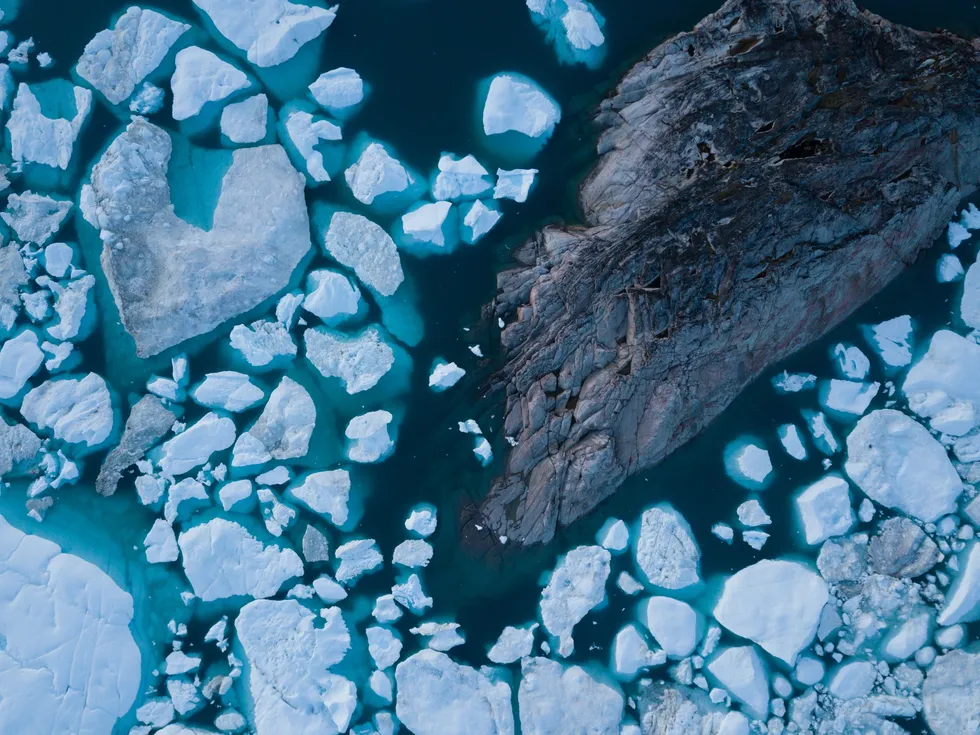Jake Brigstock
Dec 04, 2024
Haunting photos capture dramatic retreat of Arctic ice over last century
KameraOne - Short Cuts Global Vertical / VideoElephant
Scientists have predicted the summer when the Arctic's sea ice could melt almost entirely and it's terrifyingly closer than you might think.
An international research team used computer models to predict when the first ice-free day could occur. Of course, an ice-free Arctic could have a huge effect on the planet's climate and its ecosystem.
When the Arctic Ocean has less than one million square kilometres of ice, scientists say the Arctic is ice free.
The team projected this by using output from more than 300 computer simulations and most returned predictions that it could happen within nine-to-20 years after 2023, regardless of human behaviour.
But in an extreme scenario, the simulations returned results that showed it could happen as early as the summer of 2027, according to a release from the University of Colorado Boulder.
Alexandra Jahn, a climatologist with the University of Colorado Boulder who was part of the study, said: "The first ice-free day in the Arctic won't change things dramatically but it will show that we've fundamentally altered one of the defining characteristics of the natural environment in the Arctic Ocean, which is that it is covered by sea ice and snow year-round, through greenhouse gas emissions."

In September, the National Snow and Ice Data Centre found this year's Arctic sea ice minimum, in other words the day with the least amount of frozen seawater, was one of the lowest ever on record.
Celine Heuze, from the University of Gothenburg in Sweden who was also involved in the study, said: "Because the first ice-free day is likely to happen earlier than the first ice-free month, we want to be prepared. It's also important to know what events could lead to the melting of all sea ice in the Arctic Ocean."
Previous research found the first ice-free month could happen by the 2030s.
Jahn added: "Any reductions in emissions would help preserve sea ice."
The findings were published in the Nature Communications journal.
How to join the indy100's free WhatsApp channel
Sign up to our free indy100 weekly newsletter
Have your say in our news democracy. Click the upvote icon at the top of the page to help raise this article through the indy100 rankings.
Top 100
The Conversation (0)














